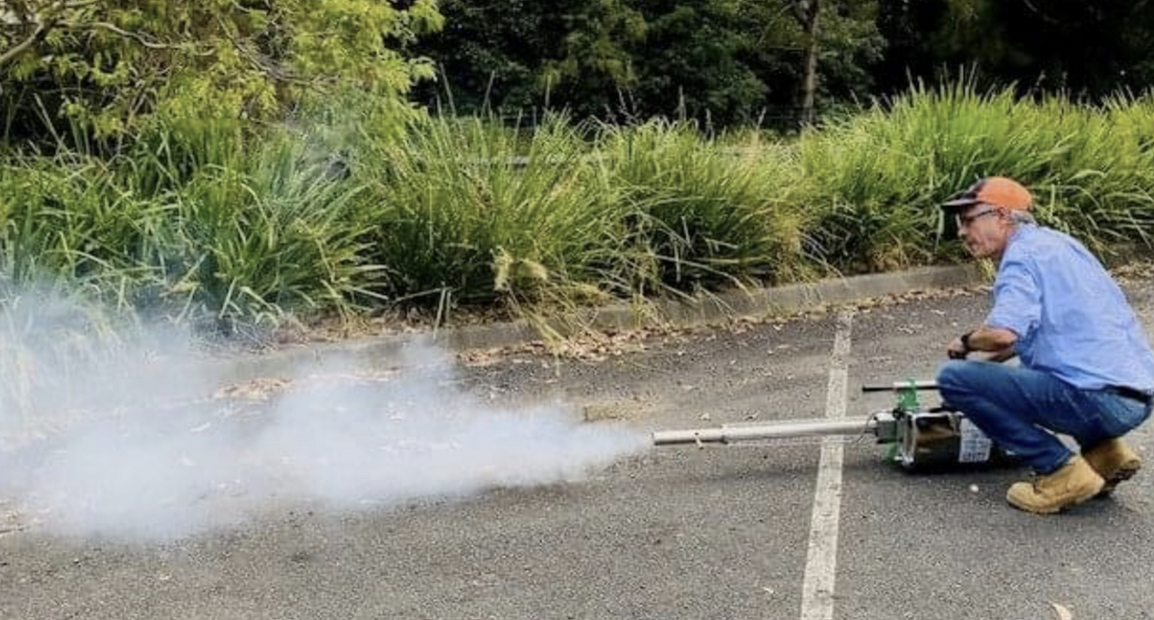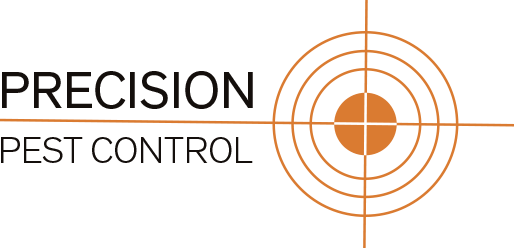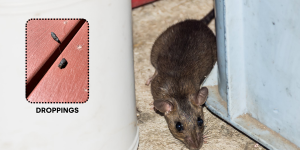2 minutes |
Thriving in 2024: Eco-friendly pest solutions, tech-driven operations, and tailored services for a buzzing success in pest control.

As we try to work out how and where 2023 has gone, we try to actively embrace the ever-evolving field of pest control and what the latest innovations in 2024 hold for us.
Here are three key trends to be aware of.
1. Eco-friendly solutions and integrated pest management (IPM)
As the demand for eco-friendly solutions continues to rise, pest control businesses are adapting by offering green alternatives.
With more homeowners seeking sustainable solutions, integrated pest management (IPM) emerges as an effective, environmentally conscious approach to pest control.
IPM involves setting thresholds for necessary actions, monitoring and identifying pests, taking preventative measures and employing control methods as a last resort.
By incorporating IPM or offering eco-friendly products, businesses can reach a broader client segment, provide long-term results and minimise adverse effects on people, wildlife and the environment.
2. Technology integration for improved operations
Technology plays a pivotal role in the pest control industry trends for 2024. With a growing interest in daily task automation and a focus on minimising hiring needs, businesses are incorporating technology to streamline operations.
This includes utilising tools for bulk invoicing, optimised routes, asset and chemical tracking, GPS employee and job tracking, same-day automated payments, and automated reporting to enhance efficiency and productivity.
3. Providing unrivalled high-quality pest control services
Some things don’t change and if you are a pest control company that cares, high quality pest control should be at the heart of everything you do, especially in an economy marked by volatility.
Clients seek the utmost value for their investment, making the provision of high-quality services a key strategy to capitalise on the prevailing trends in the pest control industry for 2024.
Moreover, discerning clients are willing to pay a premium for services they perceive as exceptional and worth the investment. While economic uncertainties may tempt businesses to lower prices, the reality is that adjustments might be necessary to accommodate inflation.
Consider the rising costs in labour, equipment, gas and pesticides/chemicals when determining your pricing structure.
By offering services that stand head and shoulders above the competition, you not only minimise the risk of losing clients but also enhance client retention, even in the face of economic challenges.



